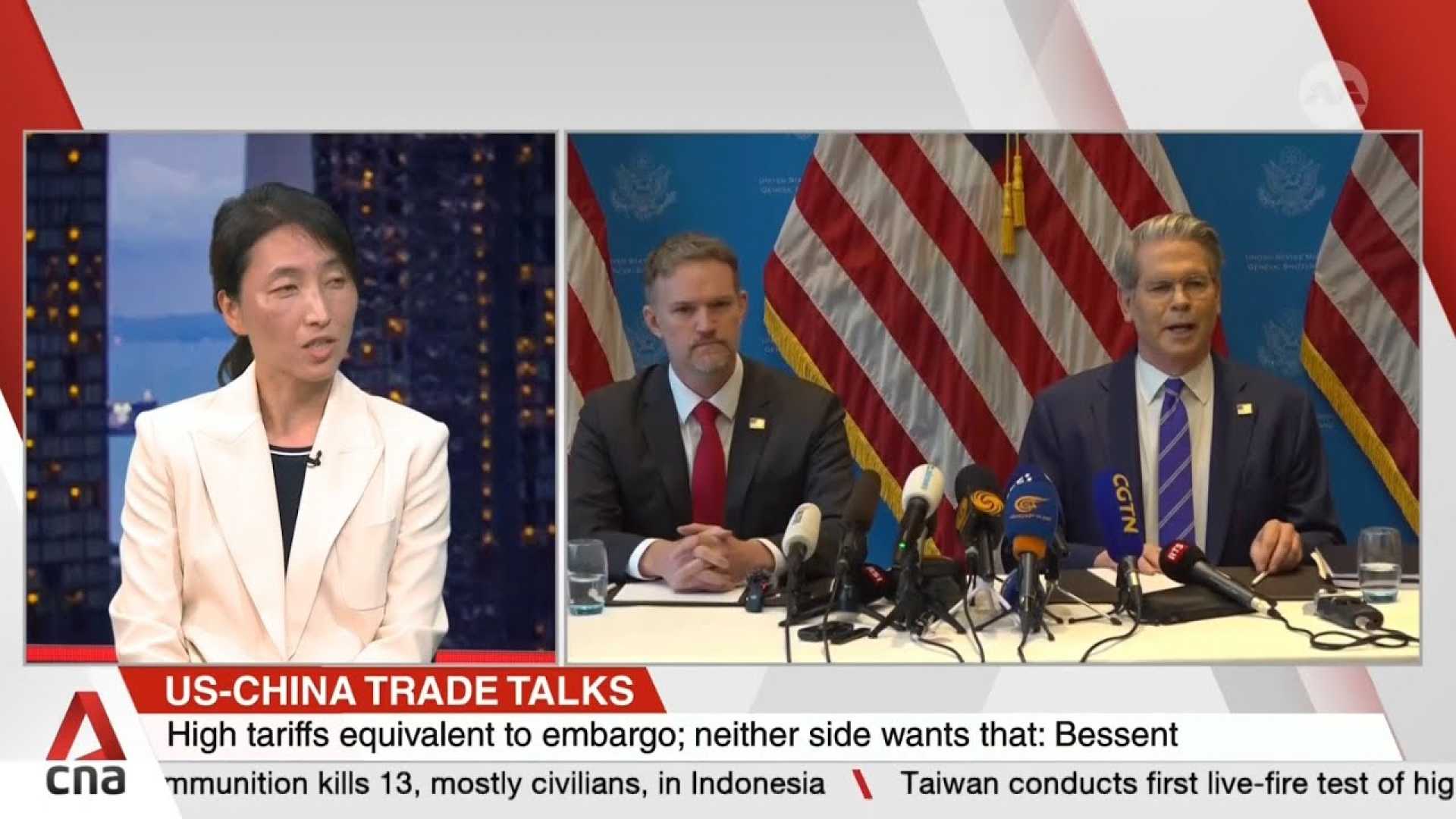Business
China Reacts to US Tariffs with Concerns and Diplomatic Maneuvers

BEIJING, China — In response to U.S. President Donald Trump‘s recent tariffs on Chinese goods, Beijing has taken a firm stance while privately expressing concerns over the growing economic impact.
Last month, Trump imposed significant tariffs, which prompted Chinese state media to publicly denounce the U.S. as “imperialists” and threaten that capitulation to bullies would not be tolerated. Nevertheless, behind closed doors, Chinese officials have grown increasingly worried about the adverse effects of the tariffs on the economy and a potential risk of isolation as other countries start striking deals with the U.S.
As a result, China sent its economic leader He Lifeng to meet with U.S. officials this weekend, hoping to facilitate some form of dialogue. However, efforts were complicated by the contentious nature of U.S.-China relations. Reports indicate that China perceived a letter from the U.S. regarding fentanyl issues as “arrogant,” impacting preliminary negotiation arrangements due to disputes over which officials should attend talks.
China’s foreign ministry stated that its opposition to U.S. tariffs remains strong and unwavering, claiming that the U.S. is ignoring China’s willingness to cooperate. Vice Foreign Minister Hua Chunying emphasized confidence in managing trade issues, asserting that Trump’s approach cannot last.
Concerns have grown in China over supply chain disruptions caused by the trade war, especially for industries heavily reliant on exports like furniture, toys, and textiles. According to analysts, the tariffs may cost China up to 16 million jobs as companies struggle to find new markets.
Recent negotiations are seen as a shift, with China’s messaging becoming less aggressive following U.S. outreach attempts. Informal discussions have reportedly taken place between Chinese officials and members of the Trump administration. Experts suggest that while both sides wish to appear tough, they are aware that there is a need for dialogue to avoid deepening global economic turmoil.
While initial expectations for the Geneva discussions were high, China has lowered these to simple exchanges of demands and likely will focus on specific issues like agricultural products and energy purchases. The U.S. has faced internal diplomatic challenges that have added friction to the negotiation process. Some officials have been sidelined, causing a breakdown in communication ahead of the talks.
China’s willingness to engage suggests an acknowledgment of practical needs amidst trade tensions, but its responses will remain protective of national pride and economic stability.












